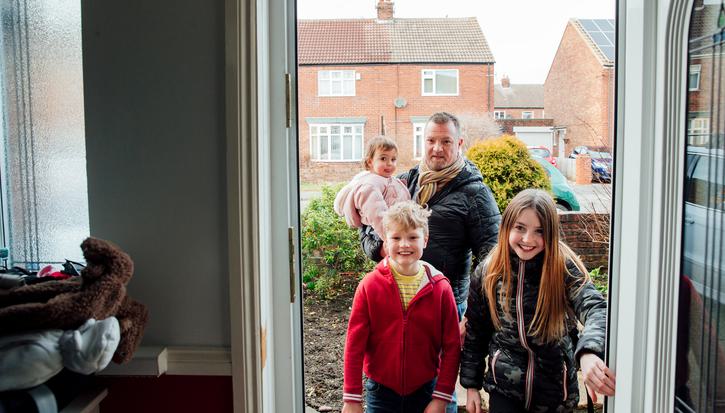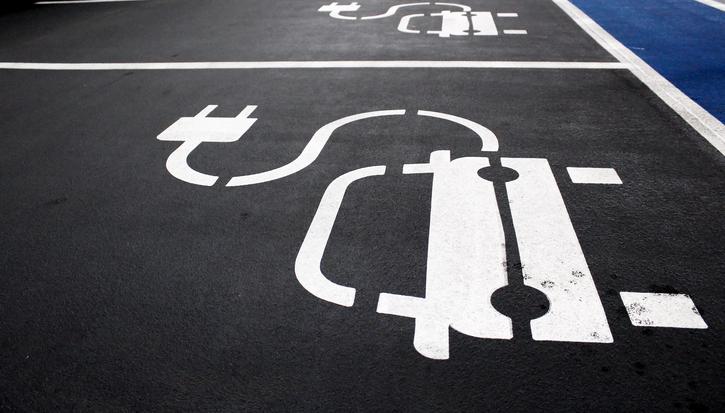States of Conflict: A case study on peace-building in Bosnia and Herzegovina
Article
This paper explores the effects of international state-building efforts on the Bosnian state. It addresses the central question of what happens when external ideas about what constitutes a 'modern' state conflict with local contexts.
The paper takes a step back from the exigencies and challenges of day-to-day politics and looks at the structural determinants of state-building beyond the practices of single actors. From this perspective, explanations of the setbacks of international state-building cannot be limited to local 'spoiling' or 'corruption'. Rather, local resistance and informal practices have to be seen as evidence of structural limits to state-building whose results are much more ambiguous and less controllable than might be expected.
Related items

The homes that children deserve: Housing policy to support families
As the government seeks to develop a new child poverty strategy, it will need to grapple with housing – the single largest cost faced by families.
Powering up public support for electric vehicles
Tackling greenhouse gas emissions will only work if public support for action remains strong. That means ensuring tangible improvements in people’s lives and heading off any brewing backlash.
Assessing the economy
Over the past few days and weeks, there has been lots of rather histrionic commentary about the UK’s economic situation as if the budget has created an economic disaster from which we’ll never recover.